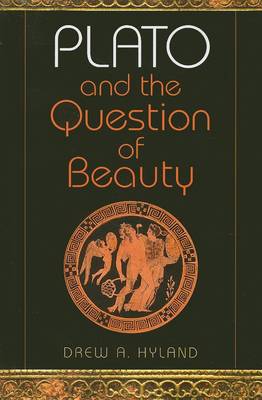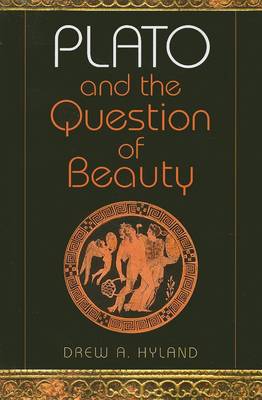
- Retrait gratuit dans votre magasin Club
- 7.000.000 titres dans notre catalogue
- Payer en toute sécurité
- Toujours un magasin près de chez vous
- Retrait gratuit dans votre magasin Club
- 7.000.000 titres dans notre catalogue
- Payer en toute sécurité
- Toujours un magasin près de chez vous
Description
Drew A. Hyland, one of Continental philosophy's keenest interpreters of Plato, takes up the question of beauty in three Platonic dialogues, the Hippias Major, Symposium, and Phaedrus. What Plato meant by beauty is not easily characterized, and Hyland's close readings show that Plato ultimately gives up on the possibility of a definition. Plato's failure, however, tells us something important about beauty--that it cannot be reduced to logos. Exploring questions surrounding love, memory, and ideal form, Hyland draws out the connections between beauty, the possibility of philosophy, and philosophical living. This new reading of Plato provides a serious investigation into the meaning of beauty and places it at the very heart of philosophy.
Spécifications
Parties prenantes
- Auteur(s) :
- Editeur:
Contenu
- Nombre de pages :
- 168
- Langue:
- Anglais
- Collection :
Caractéristiques
- EAN:
- 9780253219770
- Date de parution :
- 28-05-08
- Format:
- Livre broché
- Format numérique:
- Trade paperback (VS)
- Dimensions :
- 152 mm x 231 mm
- Poids :
- 249 g







